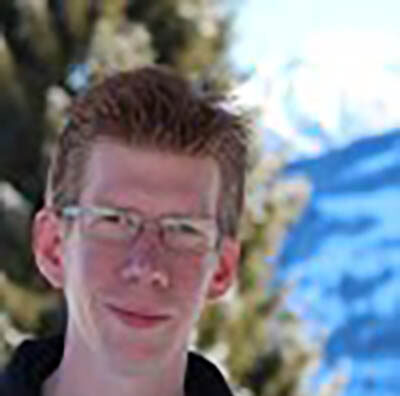Quantum communication
Quantum communication in energy grids
Energy grids are among the most critical of all infrastructures in modern societies. As we transition from systems with a few large, controllable entities to highly decentralized networks with millions of smaller, often unpredictable participants, real-time coordination becomes increasingly complex. Ensuring scalable and secure communication mechanisms for future energy grid control presents a significant challenge. The advent of quantum computing likewise gives rise to a number of novel challenges to established methods for the protection of such communication mechanisms against attacks such as the insertion of false signals or eavesdropping. At the same time, quantum technologies offer groundbreaking opportunities to enhance security and efficiency.
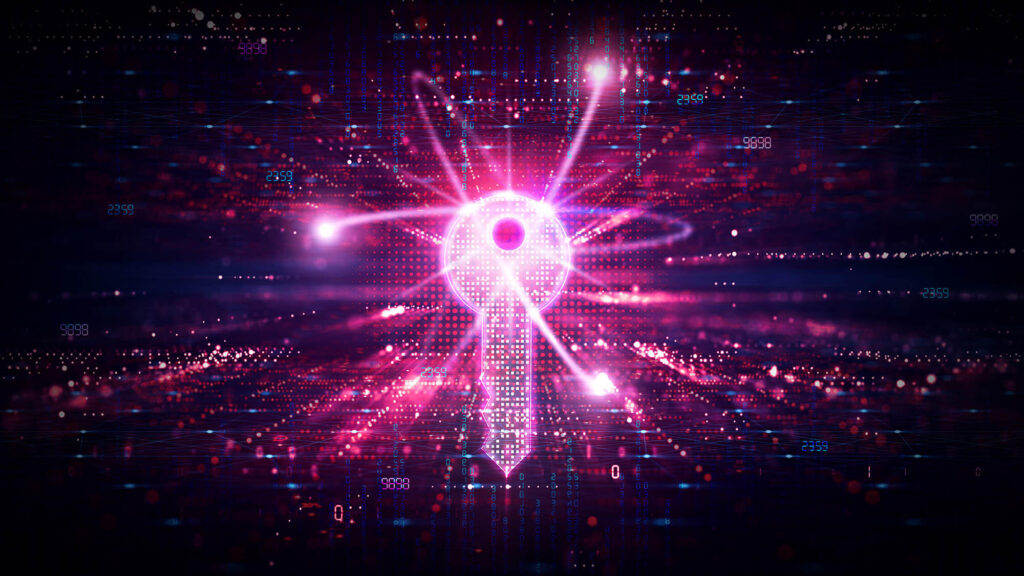
Our goal is to identify to which extent quantum technologies can be employed to address these challenges in grid-side communication. We investigate how methods such as Quantum Key Distribution (QKD) can secure the communication channels among the potentially many involved parties, and how quantum state correlations can be used to enable information transmission methods beyond conventional hop-to-next-hop schemes. To this end, we analyze the information flow within future grid control
algorithms, quantify required bandwidths, latencies and processing steps, and investigate how paradigms such as edge- and on-path computing can help facilitating suitable control and security mechanisms to redefine communication frameworks for the energy grids of tomorrow.
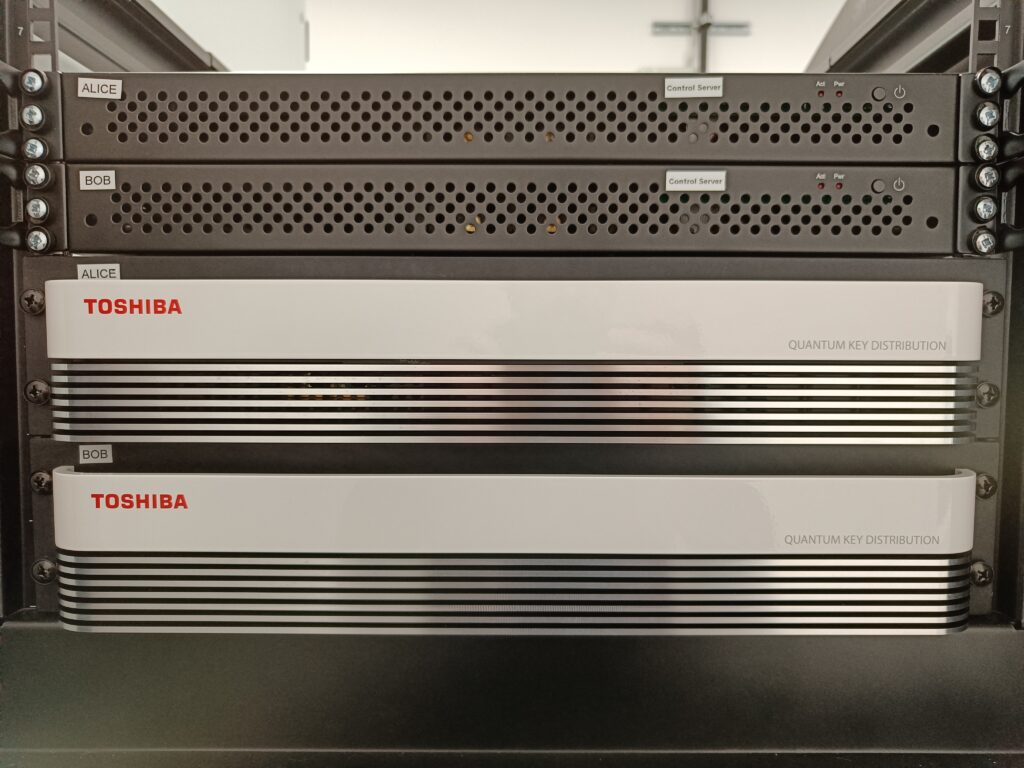
The Team

Nikolaus Wirtz

Dr. Daniele Carta

Mario Albanese
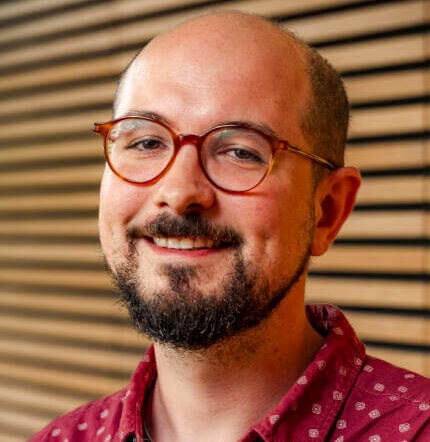
Dr. Juan Navarro-Arenas
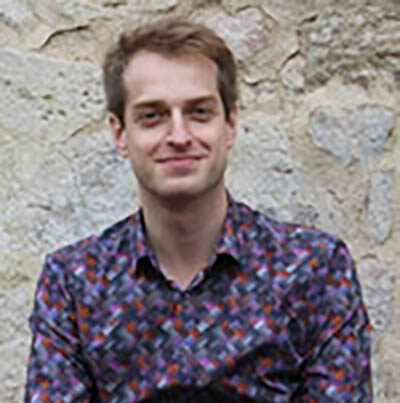
René Glebke, M.Sc.
